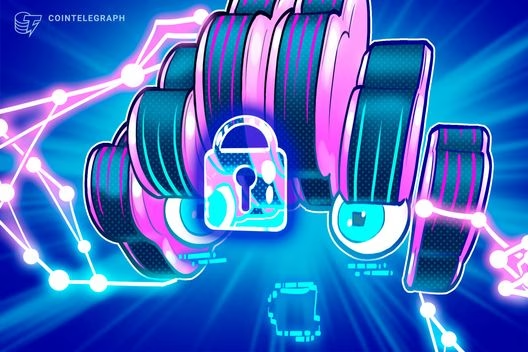Opinion by: Ram Kumar, core contributor at OpenLedger
The public has knowingly contributed to the rise of artificial intelligence, often without realizing it. As AI models are projected to generate trillions of dollars in value, it’s time to start treating data like labor and building onchain attribution systems to pay the ones making it possible.
X posts by users helped train ChatGPT, and their blog posts and forum replies shaped models that are now monetized by some of the most powerful companies in the world.
While those companies are reaping billions, the end-users get nothing. Not a check, a credit or even a thank you.
Data is work that deserves pay
This is what invisible labor looks like in the 21st century. Billions of people have become the unpaid workforce behind the AI revolution. The data they generate, from words, code, faces and movement, is scraped, cleaned and used to teach machines how to sound more human, sell more ads and close more trades.
And yet, in the economic loop that powers AI, the humans who make it all possible have been cut out entirely.
This story is not new. The same model built empires on the backs of uncredited creative labor. Only now, the scale is planetary. This isn’t just about fairness but about power and whether we want a future where intelligence is owned by three corporations or shared by all of us.
The only way to redefine the economics of intelligence is through Payable AI.
A new economic model for intelligence
Instead of black-box models trained in secret, Payable AI proposes a future where AI is built openly, with every contributor traceable and every use compensated. Every post, video or image used to train a model should carry a tag or a digital receipt. Every time that model is used, a small payment should be sent to the data’s original creator. That’s attribution, baked into the system.
This has precedent. Musicians now earn royalties when their tracks stream, and developers get credited when their open-source code is reused. AI should follow the same rules. Just because training data is digital doesn’t mean it’s free. If anything, it’s the most valuable commodity we have left.
The problem is that we’ve been treating AI like traditional software — something you build once and sell a million times. That metaphor, however, falls apart fast.
AI isn’t static. It learns, decays and improves with every interaction, weakening when data dries up. In this way, AI is more like a living ecosystem…
Click Here to Read the Full Original Article at Cointelegraph.com News…
